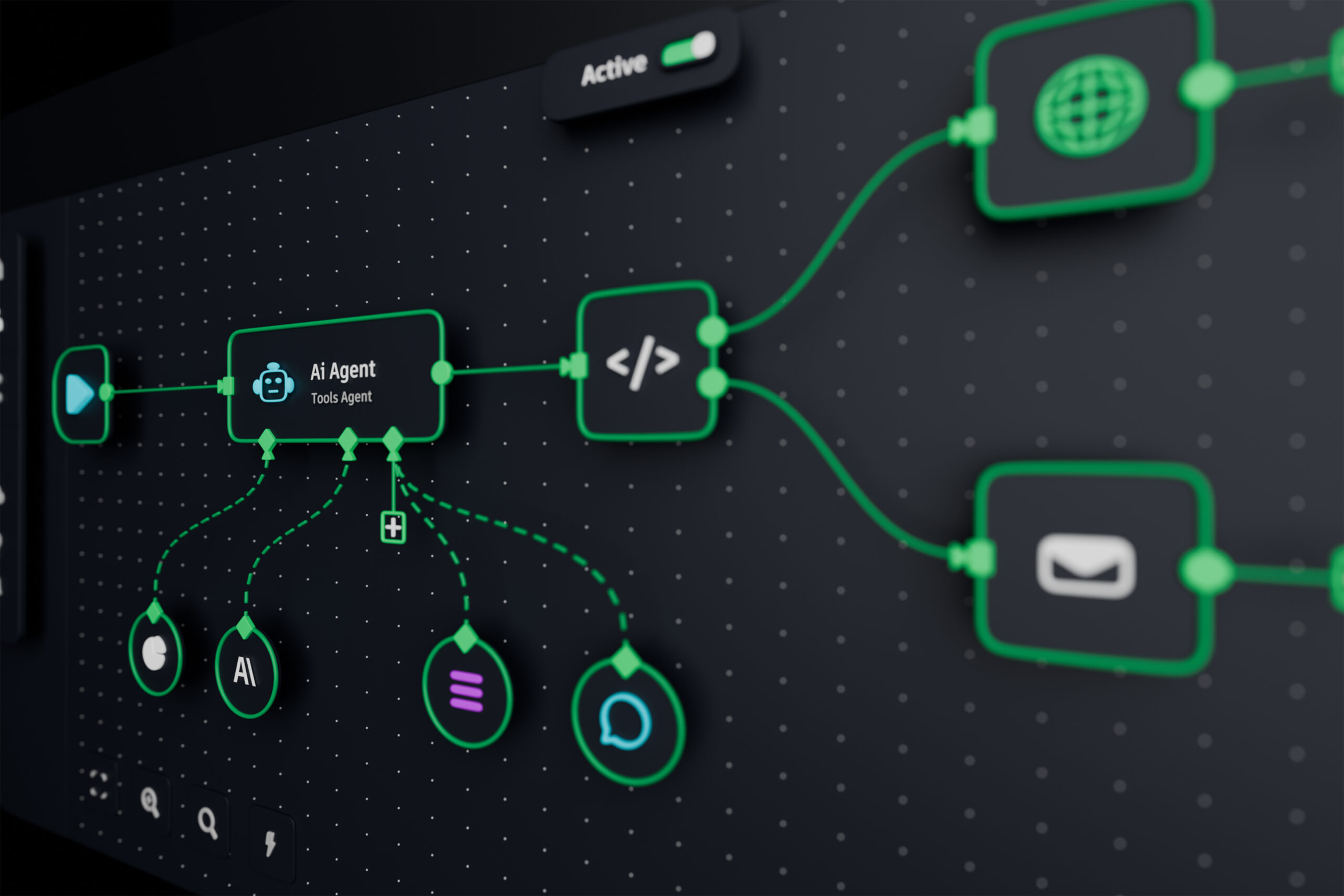In today’s rapidly evolving business landscape, agility and adaptability are paramount. Enter Low-Code ERP—a transformative approach that enables organizations to develop and customize enterprise resource planning systems with minimal coding. This paradigm shift is not just a trend; it’s a strategic move towards more responsive and efficient business operations.
Understanding Low-Code ERP
Traditional ERP systems often involve complex coding, lengthy development cycles, and significant resource investment. Low-Code ERP platforms, however, leverage visual development environments, drag-and-drop interfaces, and pre-built modules to simplify and accelerate the creation and deployment of ERP solutions.
This approach democratizes application development, allowing not only IT professionals but also business analysts and other stakeholders to contribute directly to the system’s evolution.
People Are Always Asking: Why Consider Low-Code ERP?
Businesses frequently inquire about the tangible benefits of adopting Low-Code ERP solutions. The answer lies in the balance between customization and efficiency. Low-Code ERP platforms offer:
- Rapid Development: Accelerate the deployment of ERP functionalities to respond swiftly to market changes.
- Cost Efficiency: Reduce development and maintenance costs by minimizing the need for extensive coding expertise.
- Enhanced Collaboration: Foster cross-functional collaboration by enabling non-technical users to participate in system development.
- Scalability: Easily adapt and scale ERP solutions as business needs evolve.
These advantages make Low-Code ERP an attractive option for organizations seeking to modernize their operations without overextending their resources.
Benefits of Low-Code ERP
- Accelerated Time-to-Market: Deploy ERP modules faster, enabling quicker responses to business opportunities and challenges.
- Flexibility and Customization: Tailor ERP functionalities to specific business processes without extensive coding.
- Improved User Engagement: Empower users across departments to contribute to system enhancements, increasing adoption and satisfaction.
- Reduced IT Backlog: Alleviate pressure on IT departments by distributing development responsibilities.
- Continuous Improvement: Facilitate iterative development and continuous refinement of ERP systems.
Potential Drawbacks to Consider
While Low-Code ERP offers numerous benefits, it’s essential to be aware of potential limitations:
- Complex Customizations: Highly specialized requirements may still necessitate traditional coding approaches.
- Integration Challenges: Ensuring seamless integration with existing systems can be complex.
- Vendor Lock-In: Dependence on a specific platform may limit flexibility and increase switching costs.
- Security Concerns: Ensuring robust security measures within Low-Code platforms is critical.
Addressing these challenges requires careful planning, platform selection, and ongoing governance.
Expert Insight: Tamer Badr on Low-Code ERP
Tamer Badr, CEO of Singleclic, shares his perspective:
“Low-Code ERP solutions are revolutionizing how businesses approach system development. At Singleclic, we’ve witnessed firsthand how these platforms empower organizations to innovate rapidly while maintaining control over their processes.”
Singleclic offers specialized services in Low-Code Development and CRM Solutions, providing tailored strategies to harness the full potential of Low-Code ERP.
Top Low-Code ERP Platforms
When considering Low-Code ERP solutions, several platforms stand out:
- Microsoft Power Apps: Integrates seamlessly with other Microsoft products, offering robust capabilities for custom app development.
- OutSystems: Known for its scalability and comprehensive development environment suitable for complex applications.
- Mendix: Offers a collaborative platform with strong support for both business and IT users.
- Zoho Creator: Provides an intuitive interface ideal for small to medium-sized businesses seeking rapid deployment.
Each platform has unique strengths, and selection should align with specific organizational needs and existing infrastructure.
Frequently Asked Questions
Q: Can Low-Code ERP handle complex business processes?
A: While Low-Code ERP platforms are highly adaptable, extremely complex processes may require additional customization or integration with traditional development methods.
Q: Is Low-Code ERP secure?
A: Security depends on the platform and implementation. It’s crucial to ensure that the chosen platform adheres to industry-standard security protocols.
Q: How does Low-Code ERP integrate with existing systems?
A: Most Low-Code platforms offer APIs and connectors to facilitate integration, but the ease and depth of integration can vary.
Q: What is the cost implication of adopting Low-Code ERP?
A: Generally, Low-Code ERP solutions reduce development costs, but total cost depends on factors like licensing, customization, and maintenance.
Conclusion
Low-Code ERP represents a significant advancement in enterprise resource planning, offering a blend of speed, flexibility, and user empowerment. By lowering the barriers to system development and customization, organizations can respond more effectively to changing business landscapes.
For businesses aiming to modernize their operations, enhance collaboration, and accelerate innovation, exploring Low-Code ERP solutions is a strategic step forward.
To learn more about implementing Low-Code ERP in your organization, visit Singleclic’s Low-Code Development Services and CRM Solutions.









